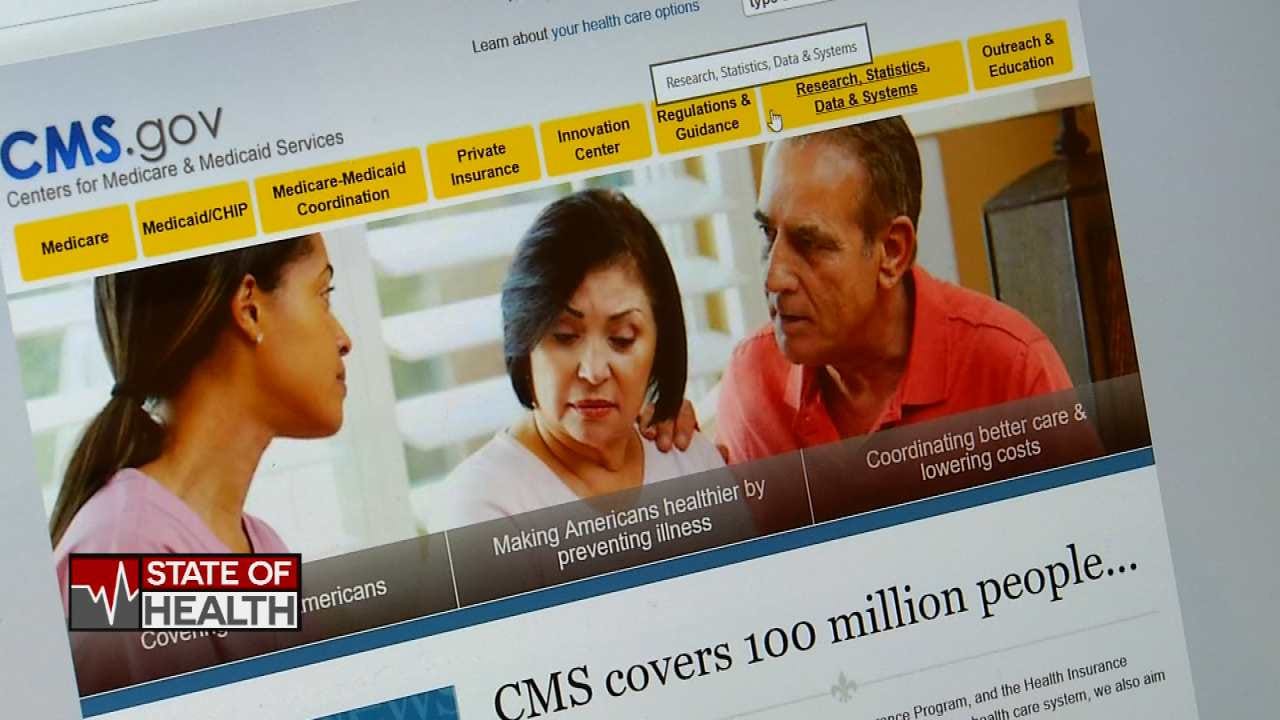Rising Insurance Costs Devastating To Some Oklahomans
<p>Health insurance costs continue to rise for Oklahoma families. Last year, some people saw their premiums double with a nearly 10 percent increase this year. </p>Tuesday, September 5th 2017, 6:26 pm
Health insurance costs continue to rise for Oklahoma families. Last year, some people saw their premiums double with a nearly 10 percent increase this year.
We've been calculating Certified Public Accountant Fred Imel's health insurance premium increases since 2015.
The first year, it went up from $1,100 a month to $1,700 per month.
"You know, that's a lot of money," Imel said.
In 2016, he added up another increase. It jumped to $1,875 a month - $22,500 a year.
This year, the increase is expected to be much more modest, closer to 8 percent. But it's 8 percent on a very high level that people can't afford.
Since Fred is self employed, he buys individual insurance on the government exchange. That's where most people have seen the dramatic increases.
Experts say it's because of Affordable Healthcare Act rules that insurance companies must insure you.
"Your gonna get a lot of people on your rolls that have high-cost medical problems, and you have to offset that with a lot of younger healthy people come in, pay premiums to offset those costs - and we just haven't seen those younger healthier people come on those plans," said Buddy Combs, Deputy Insurance Commissioner with the Oklahoma Insurance Department.
It's looking less and less likely that Congress will make changes to the Affordable Healthcare Act before the end of the year.
So the state is moving forward with a plan to institute what is called a 1330 waiver. It will create a high-risk pool that will offset the costs of individual members who have claims between $15,000 and $400,000 a year.
The pool will paid for mostly through federal government funds, but everyone in the state who has health insurance will also have to chip in. Right now Combs says that's about $2.13 a month, or $25 a year per person. He says that should stabilize not just the individual market but healthcare throughout the state.
"We're talking about fewer people in emergency rooms getting uncompensated care," Combs said. "We're talking about fewer people going untreated. A lot of those costs trickle down through the rest of our society."
The hope is, without insurers having to pay those high risk claims, more companies will join the exchange and premiums will go back down to pre-2016 levels.
CPA Fred Imel hopes so, because for him - it would make health insurance affordable again.
"The last three years have just been devastating," he said.
More Like This
September 5th, 2017
September 29th, 2024
September 17th, 2024
Top Headlines
December 15th, 2024
December 15th, 2024
December 15th, 2024
December 15th, 2024











